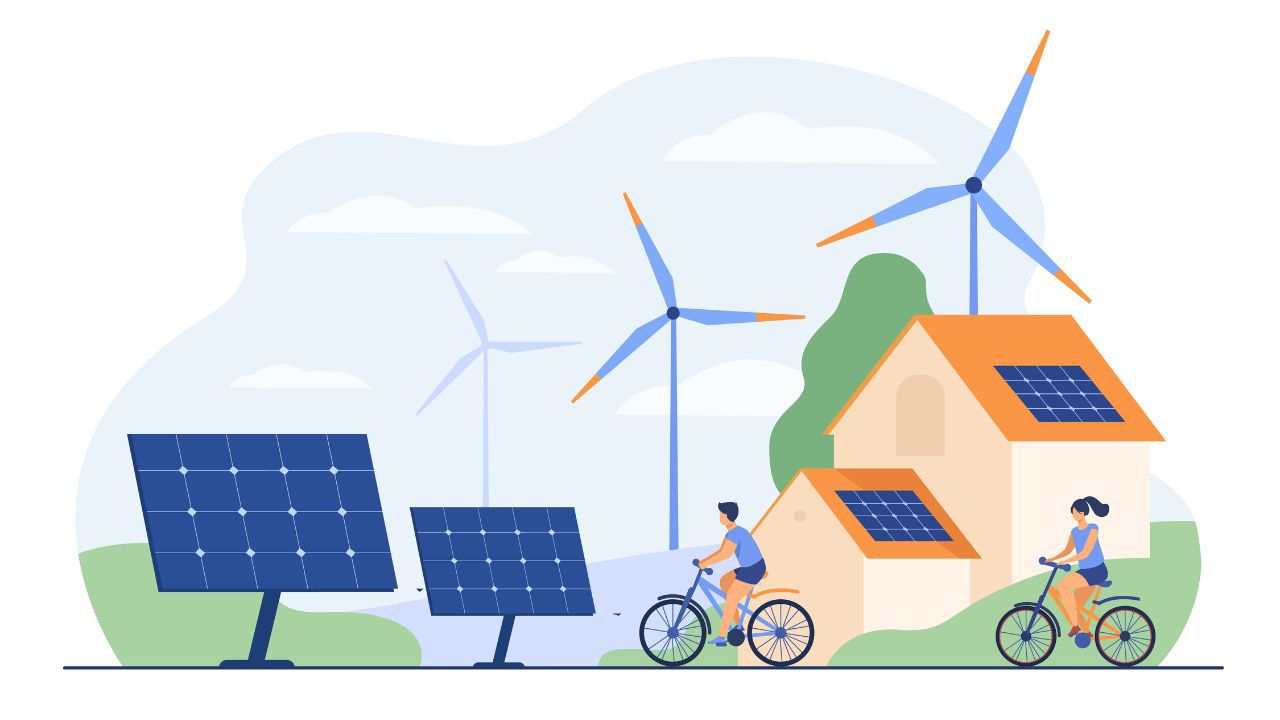Google has recently unveiled a substantial $20 billion investment aimed at advancing renewable energy resources to sustain its rapidly expanding network of AI data centres. This ambitious initiative includes a collaboration with Intersect Power and TPG Rise Climate to establish energy parks in proximity to the data centres, thereby ensuring a steady and dependable supply of clean energy.
As part of this agreement, solar and storage projects are being developed in the state of South Carolina by EnergyRe. The company is actively engaged in a portfolio of projects, with most projects boasting capacities between 60 megawatts (MW) and 75 MW of solar power, although some exceed these figures as well.
Click here to read about: Xiaomi's $6.9B Chip Bet: A Game-Changer in Tech?
The $20 Bn Deal
The collaboration aims to build large-scale solar and wind farms, along with battery storage systems, to provide energy directly to Google's data centres. This strategy not only decreases reliance on fossil fuels but also eases the burden on the current power grid. The first phase of the project is expected to be operational by 2026, with the full completion targeted for 2027.
Implications for the Tech Industry
Google's investment sets a precedent for other tech giants to follow suit in integrating renewable energy into their operations. As AI technologies continue to evolve, the demand for energy-efficient and sustainable data centres becomes increasingly critical.
Read: Uber's Bold Leap: Entering India's B2B Logistics via ONDC
Challenges & Future Outlook
While the initiative is ambitious, it faces challenges such as securing additional funding and navigating regulatory approvals for connecting to local power grids. Nevertheless, Google's commitment to achieving 24/7 carbon-free energy across all its operations by 2030 demonstrates a proactive approach to addressing climate change and promoting sustainability in the tech sector.




